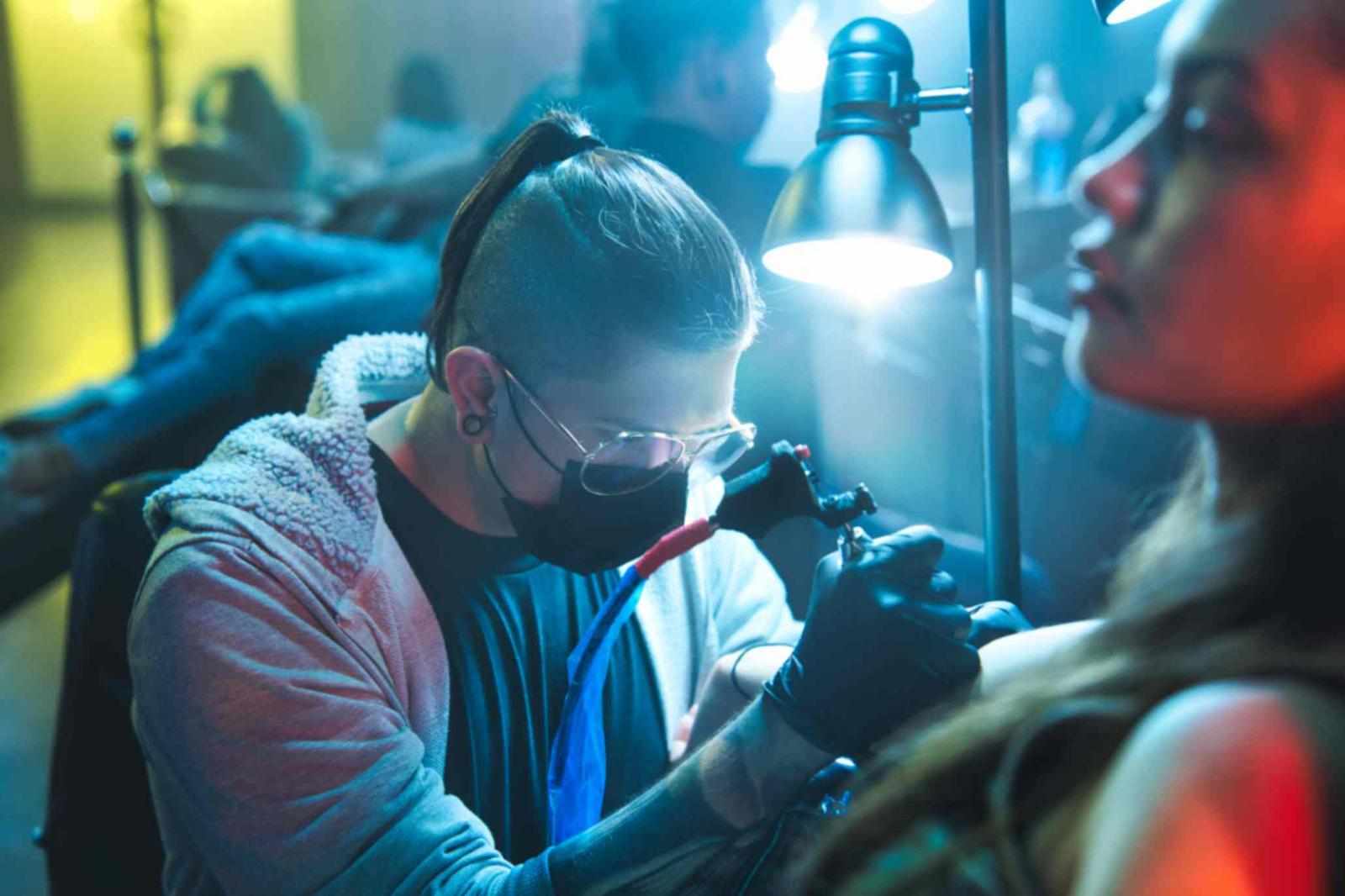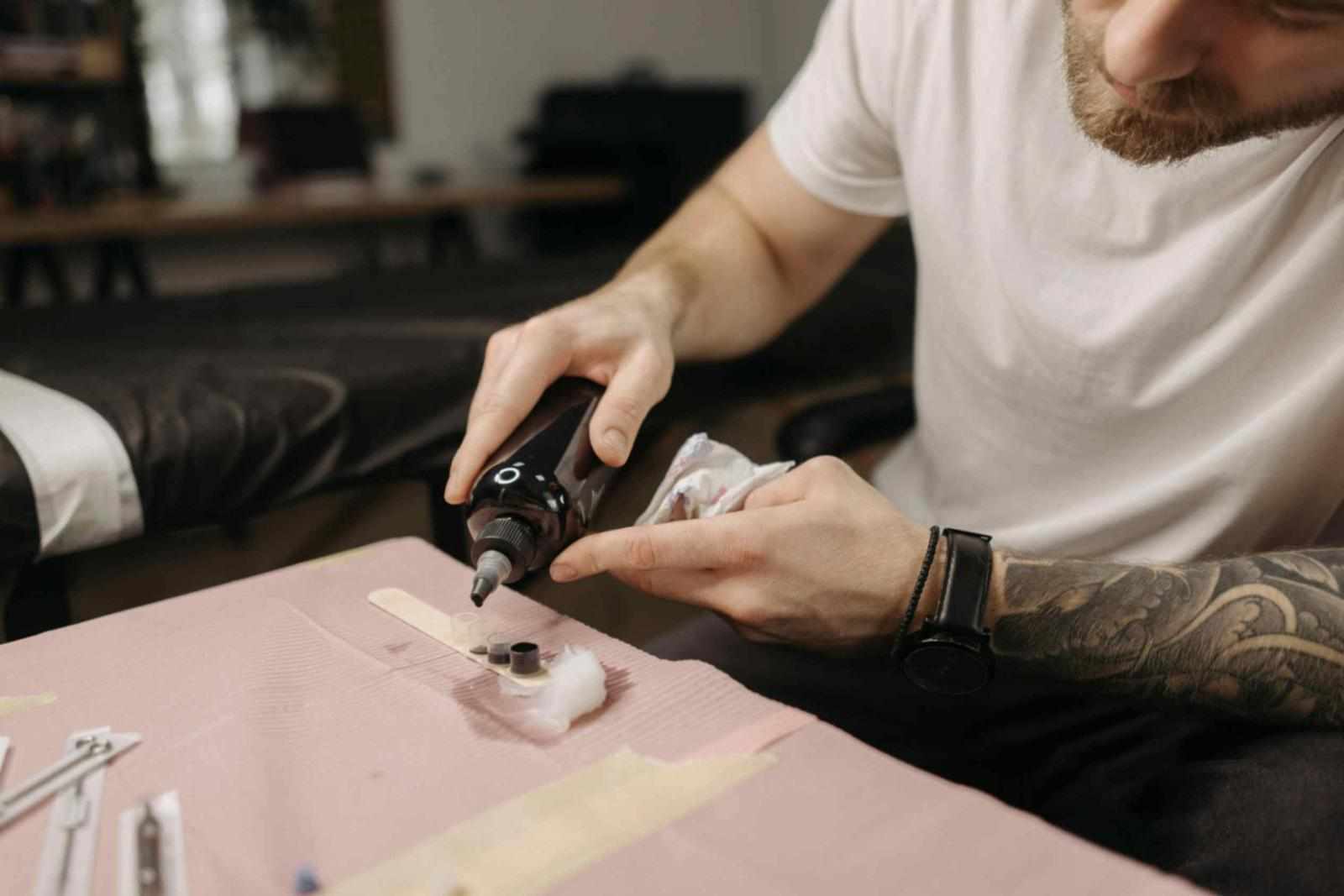
Stepping into a career as a tattoo artist means understanding and complying with legal requirements, which vary considerably across the United States. The question “Do you need a tattoo license in every state?” isn’t as straightforward as it might seem. Here’s what you need to know if you want to become a tattoo artist and remain on the right side of the law.
Varying Tattoo License Requirements Across the States
The U.S. does not have a standardized, nationwide law governing tattoo licenses. Instead, each state not to mention many individual counties and cities sets its own rules for tattooing professionals and businesses. In some places, both the artist and the tattoo shop must be licensed; elsewhere, only the shop needs approval, and a few states may have minimal or even no licensing requirements for individual artists.
Most states require a tattoo license or permit for artists and/or tattoo parlors:
States like California, Florida, and Texas mandate that tattoo artists and establishments obtain specific licenses, follow health codes, and renew their credentials regularly.
Other states, such as Oregon, are known for especially rigorous tattoo license regulations, requiring formal training, bloodborne pathogen courses, and state exams.
By contrast, states like Nevada and Wyoming impose minimal state-level regulations; local authorities might set their own standards instead.
Counties and Cities May Set Additional Rules
State law isn’t always the final word. Many local jurisdictions, such as counties or municipalities, have the power to impose extra conditions or regulations. In some cases, an artist who holds a valid state license might still need to register with local authorities, pass site inspections, or comply with additional rules meant to ensure public health and safety.
Do All Artists Need Their Own License?
In certain states, the law focuses primarily on the tattoo shop or studio, requiring it to be licensed and meet specific sanitary standards. Artists might not need to be individually licensed but are usually required to be registered with the shop or work under a licensed business. In other situations, the artist must also obtain a personal license or certification to work legally.
Common Requirements for Tattoo Licenses
While requirements do vary, most states include some version of the following:
Proof of age (commonly 18+)
Completion of a bloodborne pathogens course or similar health and safety training
Passing a state or local health department inspection, often of the shop
Application and payment of fees, both for the artist and the business
Some states also call for apprenticeship hours and continuing education to ensure that practitioners stay current with best practices.
What If You Move Between States?
A license issued in one state almost never transfers directly to another. Tattoo artists moving to a new location typically need to research that state’s or local area’s requirements, apply for a new license if necessary, and submit proof of training, previous licensure, and health certifications.
Conclusion
While the majority of U.S. states require a tattoo license to legally practice, there are notable exceptions and local variations. Some states only license shops, while others require both shop and artist to be individually licensed. Local government rules may be stricter than those set by the state. Because the tattoo industry is closely tied to public health, it’s essential for those who want to become a tattoo artist to investigate and comply with all licensing requirements before starting work. Not doing so can lead to fines, closure of your business, or even criminal charges.


Write a comment ...